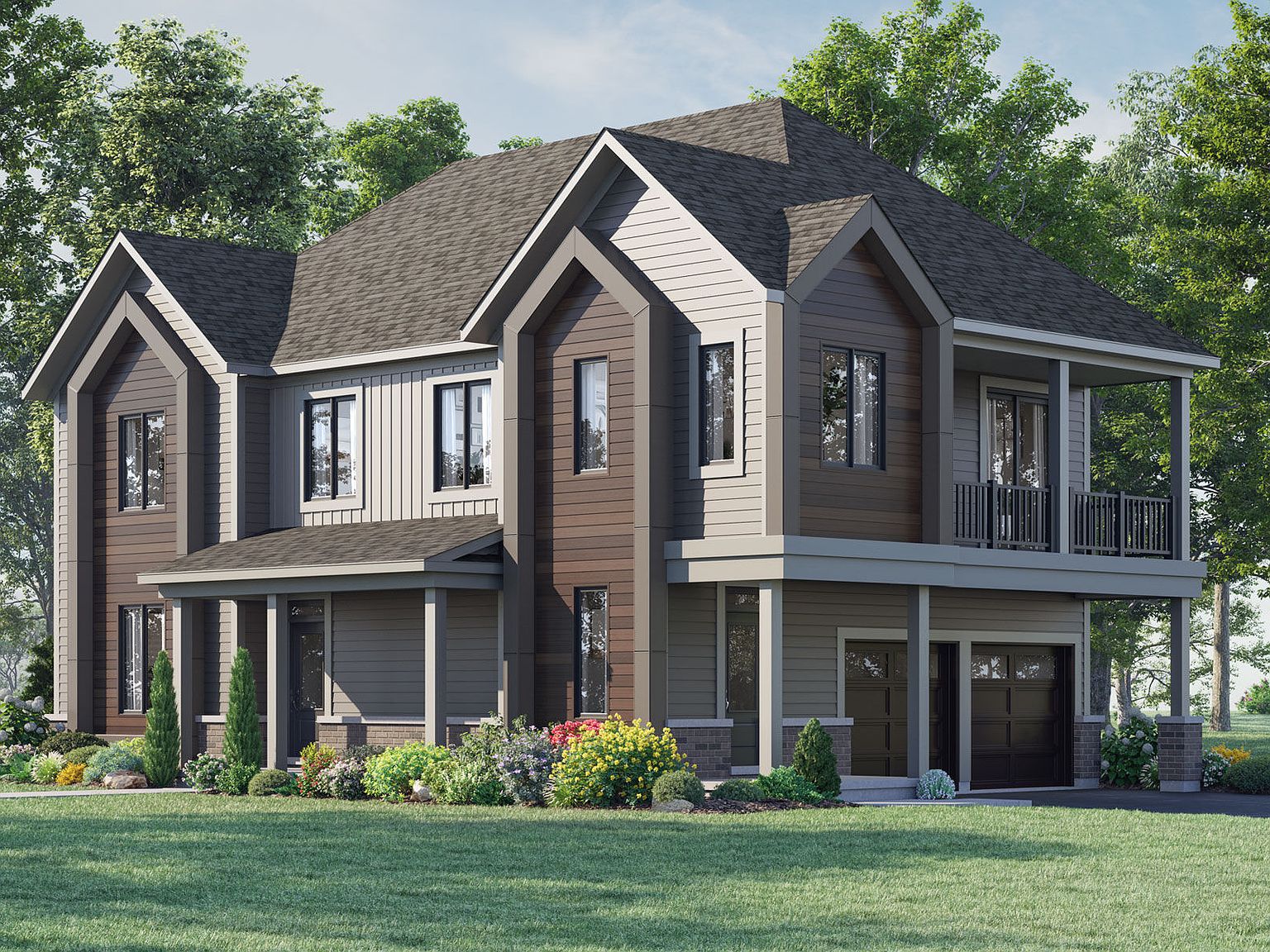House Buying 101: Aspects You Shouldn't Overlook
Acquiring a house is one of the most critical decisions you'll definitely make, and it's definitely not a decision to take lightly. If you are a first homebuyer or planning to upgrade, comprehending what to consider when moving through the real estate market is vital. With numerous options available, it can be simple to get overwhelmed. But, there are crucial elements you cannot ignore that will help guide your selection and lead to a satisfactory purchase.

From the area to the quality of the property, details matter. You want to ensure your future home meets both your requirements and your prolonged objectives. In the following sections, we will examine the key points to consider, giving you the assurance to reach an educated decision that you will be happy with for the long haul.
Essential Geographic Factors
Regarding buying a house, the site is often the most important element to consider. A home might have all the attributes you desire, but if it is located in an undesirable area, its value and habitability can decrease substantially. Commence by looking at the community's proximity to vital amenities such as educational institutions, supermarkets, medical centers, and recreational areas. The convenience of having these resources nearby can greatly enhance your well-being.
A further important aspect of location is safety. Investigate crime rates in the area and inquire about the common sentiment of safety among residents. A secure surrounding not only affects your present sense of security but can also influence the property's market value. It's recommended to visit the area at various times of the day to get a well-rounded understanding of the community dynamics and safety.
Lastly, reflect on the potential for future growth in the area. Look into local zoning laws and city development plans to gain information into upcoming developments. Areas with proposals for infrastructure upgrades, like additional public transport or retail developments, may see an appreciation in property values over time. Monitoring on these trends will help you make an educated decision that can reward you in the long run.
Essential Dwelling Attributes
When searching for a different home, particular features can considerably impact your convenience and happiness. One of the crucial aspects to consider is the design of the area. Open floor plans are progressively popular as they create a atmosphere of connectivity and flow between living areas. Look for homes that offer generous natural light and a configuration that matches your lifestyle, whether that means ample living rooms for hosting or comfortable nooks for relaxation.
Another critical feature to think about is the kitchen. This room is often the hub of the home where families gather and memories are made. A usable kitchen should have enough counter space, modern appliances, and shelving systems. You might consider features such as an island or eating area, as these can enhance both utility and style. Don't overlook the condition of cabinetry and countertops; these can be pricey to replace if they require updating.
Finally, outdoor living can greatly enhance your home experience. Whether you prefer a spacious backyard for family gatherings, a balcony for morning coffee, or low-maintenance landscaping, having access to an outside zone is invaluable. Consider how much space you want for tasks like gardening or hosting, and acknowledge maintenance requirements. The right outdoor space can extend your living area and provide a perfect retreat from daily life.
Grasping Real Estate Trends
As entering the real estate market, understanding present market conditions is vital for making educated decisions. Determining whether home buying tips are in a buyer's or vendor's market can significantly affect your purchasing capacity. A buyer's market, marked by an excess of homes, frequently leads to reduced prices and enhanced negotiating power. Conversely, in a seller's market, need exceeds supply, driving prices up and making it more difficult for purchasers.
Another crucial aspect is staying updated on neighborhood market circumstances. Real estate sectors can differ widely even within localized geographic areas. Elements such as job growth, school standards, and community features can impact property values. Researching trends such as home price appreciation or declines, average timeframes on the market, and inventory quantities can provide perspectives into the best time to purchase.
Ultimately, monitoring economic signals is essential. Interest percentages, employment rates, and economic projections can all influence real estate prices. When interest percentages are minimal, buying power increases, permitting buyers to afford more expensive homes. Keeping an eye on these indicators can help buyers position themselves strategically within the market, confirming they make a sound decision when purchasing a home.